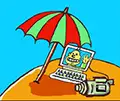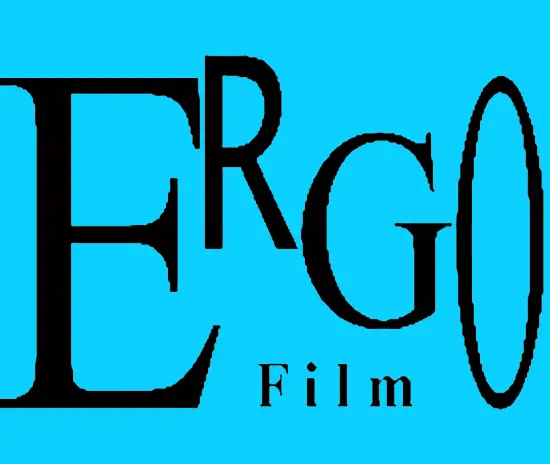
When Pink Turns Blue...



It was our first trip to Cuba. As ex-hippies, we naturally had the Cuba of great ideals in the back of our minds. Because back then, in our student days, the red Che was hanging in every student dormitory. His ideas were hotly debated and their romantic radicalism admired - while Fidel Castro established a dictatorship to realize this utopia.
What struck us first: "Cuba Today" tries - incredibly stubbornly - to stop time - no, not by repairing the old Cadillacs. Or with the Che Grafittis on the walls of the houses. Funnily enough, it's the people for whom nothing seems to have changed for decades:
There is Georgie, for example, a pensioner who lives with his sister in a backyard. We ask him what he thinks is the best and most beautiful thing about Havana: and the answer comes like a shot from a pistol: "the revolution - the revolution is the greatest thing..."
And as if it were graffiti and not state propaganda, the following is written in oversized painted letters in the city center: "Führer command we follow you" - how is such a thing possible today - freshly painted - while a huge neon sign sits enthroned on Havana's tallest skyscraper: "Patria o muerte".
And we realize that these are not fading memories of past aberrations - they are the laws with which his apparatus of power continues to function today, long after Fidel's death. State power "undercover": laws disguised as ideals.
Basically, people everywhere - whether in a democracy or a dictatorship - live under the misapprehension that ideals determine reality. And not the other way around.
But in Cuba, both are possible - ideals on the one hand and life on the other. But you never know exactly which half is actually in charge.
And while in the rest of the world the incompatibility of the systems is sealed with war, in Cuba you can simply change from pink to blue. But what does that change.